David Fizdale: The Prince of Process
“I don’t really get caught up in pressure. I’ve got a job to do.”
David Fizdale sits in a folding chair off to the side of the Grizzlies’ practice court, engaged in our conversation, but also watching the players still in the gym putting up some after-practice shots. “I approach it to win it every time.” Is the Grizzlies’ new head coach more interested in process than results?
“When I was at Miami, whether we necessarily had a team that could win it or not, we went after it the same way. And so, that was bred into me. And that’s the thing I respect so much about the Spurs organization, and now Golden State’s organization is becoming that. Cleveland’s becoming that. They expect to be there, and they prepare to be there every year no matter who’s on the team. And so that’s the mentality I wanted to bring to the organization. Because only one winner will be standing at the end of the year, but I want to try to put our team in position to be that team every year.”
Talk to this guy for 10 minutes, and it’s easy to understand why he’s already an NBA head coach. Everything he says is in earnest. Marc Gasol, when asked what he likes most about his new coach, said “he does what he says.” (Knowing Gasol, this is almost certainly a comment on the Grizzlies’ previous head coach, even if it’s a subconscious one.)
Fizdale’s natural leadership ability comes across in conversation, and if one examines how much has changed with the Grizzlies — entering the sixth season of the “Core Four” era — it’s clear that his arrival at the beginning of the summer set off a sea change within a franchise in the middle of the most successful run in its history.
This isn’t how teams used to operate. In the past, you were good for a while, then your guys got old, and then you were bad for a while until you got some new guys. While the stars of a team were in their prime, management’s sole responsibility was to bring in the best players available to patch the holes, to fill in where the “core” of the roster was lacking.
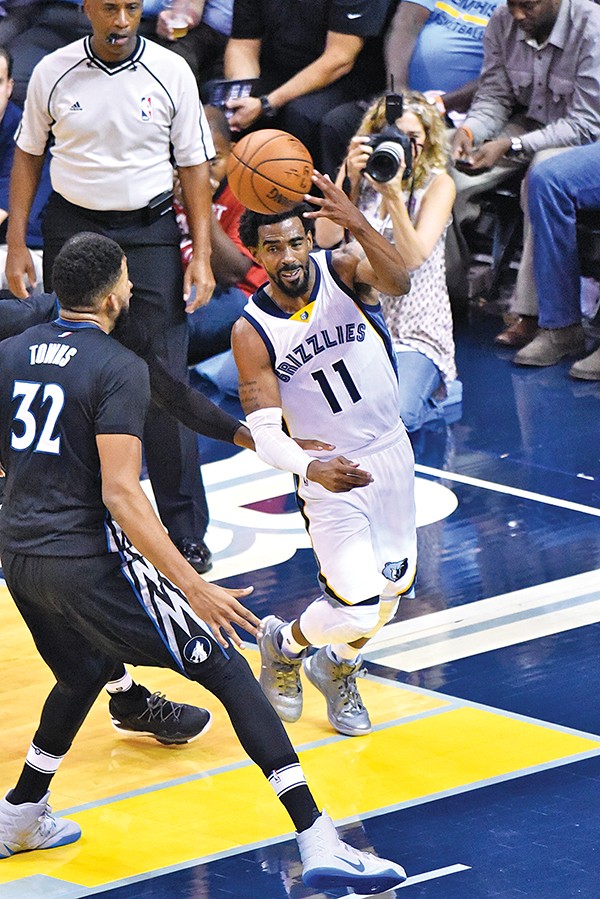
Veteran point guard Mike Conley
As the Spurs rose to dominance and magically stayed there, teams started to smarten up: If a team brings along young talent before their best players age out of their primes, their run of success can be lengthened. The good teams started to become as interested in player development as the bad ones — and now, arguably, even more so than the bad ones.
Much like their on-court product had defied the times, relying on post scoring and stifling, non-switching defensive schemes, the Grizzlies had defied this organizational model, too, burning off draft picks like farmers torching their rice fields, bringing in and relying on “proven veterans” (read: guys in their mid-30s who’d been very good somewhere else first), doubling down on the foursome of Mike Conley, Marc Gasol, Zach Randolph, and Tony Allen, determined to (grit-and-) grind them to dust until there was nothing left to use.
It seems more likely that the Fizdale hire is a symptom of a change in mindset than a cause of it, but regardless, the days of bringing in the Keyon Doolings of the world while consigning rookies to the end of the bench forever (unless they’re Xavier Henry) seem to be over. As the basketball on the court has changed, so has the mentality of the organization. Fizdale’s emphasis on player development was radically apparent even in the first game of the season, when rookie Andrew Harrison started at shooting guard and played 38 extremely uneven minutes, including crunch time of a close game. These are things that don’t happen for the Memphis Grizzlies if David Fizdale isn’t on the scene.
But what about those bad habits from the previous near-decade of Lionel Hollins/Dave Joerger coaching lineage?
“I wouldn’t call them bad habits; I would just call them habits of the system that they played in. You know, they had some big-time coaches before me. You talk about Hubie Brown, Dave Joerger, Lionel Hollins — who is a mentor of mine — these guys are big-time coaches. So they built a system around what they had and what made them successful. My system is different, and that’s all it is, is different, not better, not worse, and I’m just trying to break the habits from the old system to get them acclimated to the new system.”
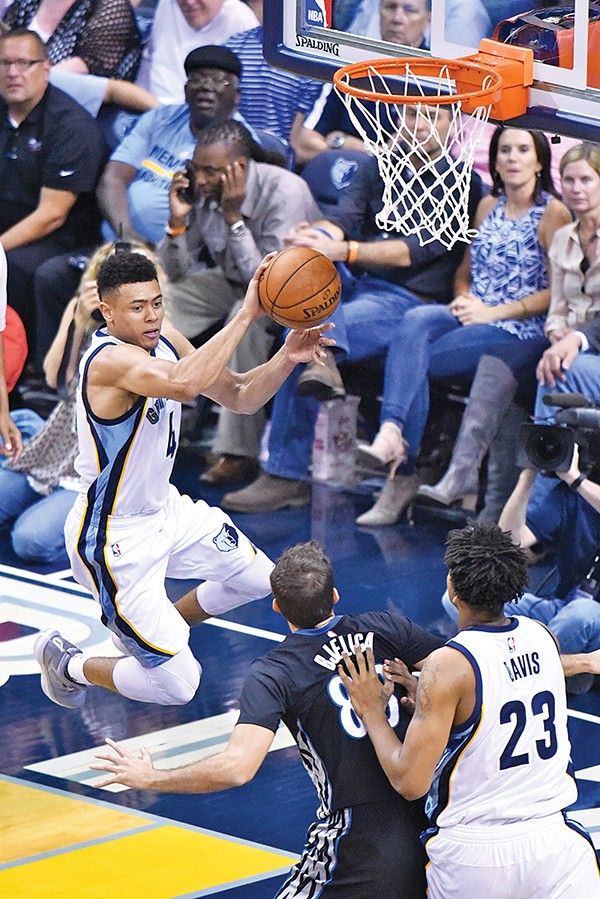
Rookie guard Wade Baldwin IV
And how much of what Fizdale has brought with him — the easier vibe, the quiet determination, the general getting-down-to-business that has happened on his watch, the commitment to doing something different, old dogs taking it upon themselves to invent new tricks — how much of that is Miami Heat culture, and how much of that is Fizdale culture?
“It’s definitely a bunch of Heat culture, but I had to be … I had to morph into my own personality. So that it’s real, and it doesn’t come off fake. I put a lot of thought into this over the course of my career with the Heat, as far as taking something and morphing it into my personality where I can be genuine in my delivery.”
That authenticity goes a long way toward explaining the connection Fizdale was able to make with the hardest-to-please stakeholders in his project: the players themselves. Knowing he was taking over a group who’d played together a long time, he took it upon himself to win them over. “I tried to get that part out of the way this summer, by going and visiting every guy, one by one, and spending time with them individually. I really wanted to spell out each guy’s role to him. Before we ever got into the season. I wanted to spell out expectations. So by the time we got to training camp, I’d kind of already dealt with the tough conversations so we could just get to work and start preparing for a successful year.”
One of the toughest conversations, no doubt, involved bringing Zach Randolph, “#50 for the City” himself, off the bench instead of using him in the starting lineup — a hard sell for a proud player who admittedly still thinks he can (Randolph always stops short of saying “should”) be a starter.
Unfortunately for Randolph and his battalion of ever-loyal supporters, the signs of Randolph’s age-related decline have been apparent for a couple of seasons now, even as he’s put up solid offensive numbers. He can’t defend the new crop of power forwards in the league — the young guys just as comfortable shooting 3-pointers as they are dunking from the foul line. His lack of foot speed — as if a man made out of granite and tussin should be expected to move quickly — has made him a liability defending the pick-and-roll, causing problems as far back as the Grizzlies’ elimination from the 2013 Western Conference Finals by the Spurs. He’s never been much of a jumper, but as a new crop of hyper-athletic seven-footers takes over center position around the league, his shot is getting blocked more. Starting Randolph, making him the centerpiece of a modernized NBA offense, just isn’t tenable, no matter what sentimentalities would have us want to see it continue.
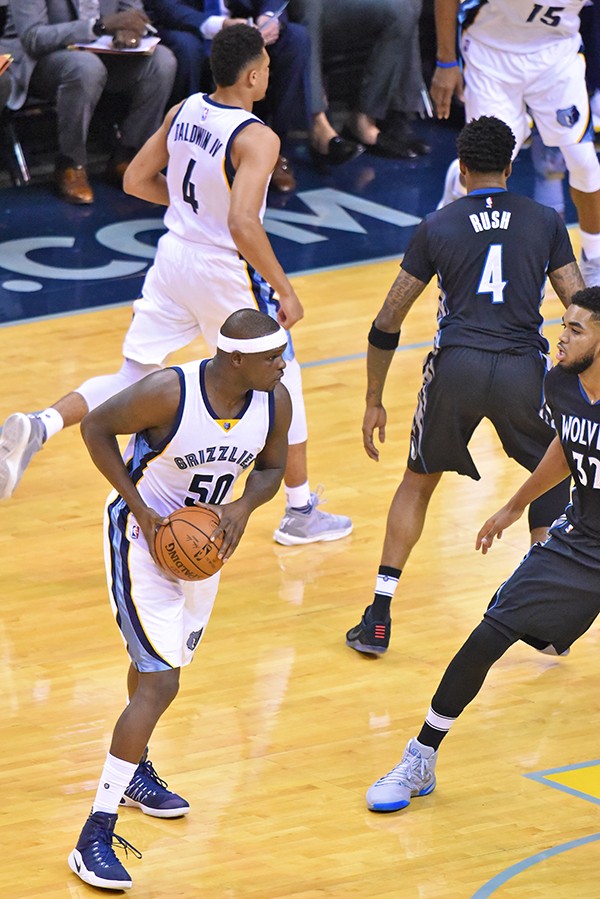
Zach Randolph
It’s a bold move, taking one of the two hearts of this team, one of the players most responsible for shaping their reputation for winning by sheer force of will and tactically deployed violence, and moving him to a supporting role. But that’s what Fizdale sees: a versatile team, reliant on movement and trust and pace, rather than elbows and hips and wanton destruction of the bodies of other tall men. Randolph doesn’t fit that picture, so to the bench he goes.
If “Grit and Grind” is to continue — and I hope it doesn’t, because in a city this creative we should be able to come up with something new by now — it’s going to have to be abstracted away from the floor itself, from the sets being run, from the post-up isolation possessions.
Fizdale already knows what it’s going to take. “We’re forging ahead. This is what we do. The past is done. One of our core values is ‘growth mindset.’ Growth mindset means you cannot be fixed in the past. You gotta have an open mind and be willing to work toward what’s going to make us the most successful team we can be.”
Given that in two of Joerger’s three seasons, the team rebelled against the changes he tried to implement during training camp, whether “growth mindset” is really taking hold remains to be seen. It’s probably the biggest question facing the Grizzlies this year.
Which isn’t to say it’s the only question, or even the only major one left dangling unanswered as they plunge headlong into the regular season.
Gasol suffered a fractured navicular bone last season, an injury that has ended the careers of other big men. His recovery was remarkable, and he says he feels better than he’s felt in years, but does that mean his foot will hold up to the stress of the rest of his basketball career, or is it going to drag him back down into injury quicksand?
Mike Conley, whom the Grizzlies signed to a $153M, five-year contract this summer, the largest in NBA history, until someone signs one in Summer 2017 under an even higher salary cap, has not been healthy at the end of a season in years. He and Gasol have both played an extraordinary number of minutes for players their age, and with rookies Wade Baldwin (who looks promising, if unpolished) and Harrison (who looks both less promising and less polished) as the only backup point guard options heading into the season, is there any way he can get enough rest to make it to the end of this one?
New signee Chandler Parsons is on a four-year, $94 million deal, had a knee surgery last spring that was supposed to sideline him for six to eight weeks, and still hasn’t been cleared for full contact (at least not at the time this was written). If Parsons returns to his former glory, he’s an offensive weapon like the Grizzlies have never had before, a versatile forward who can shoot threes, yes, but also create offense everywhere on the floor, able to be deployed in just about every offensive scenario imaginable. If he doesn’t ever return to his former peak, the Grizzlies just sunk nearly $100 million into the NBA equivalent of a toxic asset of rolled-up, foreclosed-on subprime mortgages.
And what about all of these young guys? JaMychal Green turns 27 this season, so he’s not really that young in NBA time and unlikely to find some new developmental plateau not yet reached. The rest are all unproven: Deyonta Davis, a second-round pick who was projected to go in the lottery. Baldwin, a talented young guard who may have been a steal. Jarell Martin, another guy with a history of foot injuries, who may develop into an extremely athletic, versatile forward, or who may not crack the rotation.
Fizdale isn’t worried about this stuff, or if he is, he doesn’t seem fazed by it. I pointed out to him that when a team is usually 28th in the league in pace, even 20th will seem like a major improvement.
“You could be better. Right?” he said. “You could be better. And so, this is what we do. I’m pretty stubborn when it comes to that stuff. And I’m going to constantly keep my foot on the gas and keep pushing them to get out of their comfort zone.”
The Grizzlies are way out beyond their comfort zone, all of them, from the top of basketball operations to the guys at the end of the bench, but I’ve never seen everyone in the organization this committed to growth. Fizdale is their prophet of change, and like Jonah at Nineveh, his message seems to have been received at once. There are no solid answers about what lies in the future for the Grizzlies; there is only process. “The process is all I focus on,” he says. “And, you know, let the chips fall where they may at the end of it.” — Kevin Lipe
Tubby Smith: A New Era Begins
Transition years happen in college basketball. With the exception of the program in Durham, North Carolina, and maybe Syracuse, New York, coaches keep their bags packed, with a variety of tie colors in their closet. But what about a transition era?
With the departure of coach Josh Pastner (overdue, according to much of the local fan base) and the arrival of Tubby Smith (by more than a few measures, the opposite of Pastner), the Memphis Tigers seem to be entering a season that will be transformative beyond the 30 to 35 games we’ll see this winter. Tiger basketball will be redefined under Smith, for good or ill.
Will the program return to the national prominence it enjoyed late in John Calipari’s tenure as head coach, or might it resettle as a good-not-great basketball home for largely local recruits, the kind of team that might or might not play in the NCAA tournament? (You might remember those teams from late in Larry Finch’s tenure as coach.) Who are the Memphis Tigers? And what can Tubby Smith do to help answer that question?
Calipari’s arrival in 2000 was a big deal, but the U of M has never — ever — welcomed a new basketball coach with the credentials of Orlando Henry Smith. In 25 years as a head coach, Smith has won 557 games and led five different programs — Tulsa, Georgia, Kentucky, Minnesota, and Texas Tech — to the NCAA tournament. His 1997-98 Wildcats won the national championship, one of four times a Smith-coached team has reached the NCAA tournament’s Elite Eight. He has three SEC Coach of the Year trophies on his mantel and just last season earned the same honor from the Big 12, when he led Texas Tech to the Big Dance. Smith was on the staff of the gold-medal-winning 2000 U.S. Olympic team and won the Naismith Coach of the Year Award at Kentucky in 2003. At age 65, Smith will not be surprised by anything he sees on a basketball court. Having reached a career — and life — stage where he can choose when and where to work (he’s declined multiple job offers), Smith has chosen Memphis.
“They called me,” says a grinning Smith, when asked why he’s now head coach at the University of Memphis. “It’s a great opportunity to help this program. I love what I’m doing. I’m healthy. I feel good about what I’ve accomplished in my career. There’s tradition here. It gets me closer to the east coast, closer to home.” (Smith was born and raised in Maryland.)
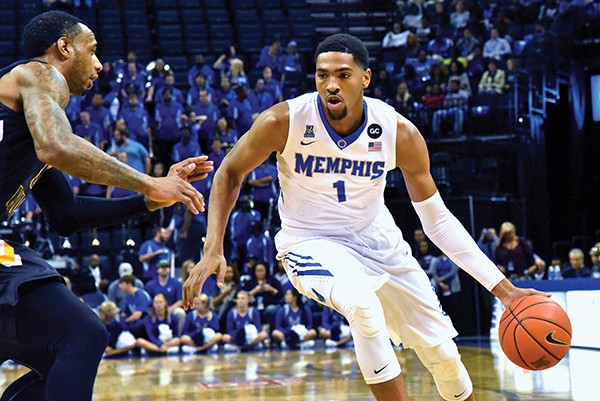
Sophomore forward Dedric Lawson
As for the expectations — a 19-15 record (like last season’s) doesn’t fly here — Smith spent 10 years in Lexington, Kentucky, so bring them on. “I don’t have anything to hide,” he says. “I’ll do the things I’ve always done, and do it to the best of my ability. I’ve never felt pressure. My dad taught me that long ago: Don’t think of coaching as pressure. Pressure is trying to feed 17 kids, trying to keep a roof over your head. I love the fan base here. But every program has a fan base that cares. The media can blow it up, even the administration. They don’t know the intensity level the players play at or the coaches coach at. We have our priorities and our goals. They’re pretty high, but they’re realistic.”
In forward Dedric Lawson, Smith will have one certifiable star on a roster that will count no more than 11 scholarship players. As an 18-year-old freshman last season, Lawson averaged 15.8 points and 9.3 rebounds on his way to being named Rookie of the Year by the American Athletic Conference. It had been more than a decade since a Tiger posted such figures and 34 years since a Tiger freshman reached these statistical heights. (Keith Lee averaged 18.3 and 11.0 in 1981-82.) Lawson was named the AAC’s Co-Player of the Year (with Cincinnati’s Troy Caupain) in the preseason coaches poll.
“Dedric is a complete player,” says Smith. “He needs to continue to improve his defense, his footwork. As far as understanding the game, he has great instincts. He needs to be a facilitator when teams stack against him. He needs to be a screener, move without the ball. The screener is usually more open than the cutter. If you want to be a scorer — and a good team player — you need to be a good screener.”
Lawson has managed to gain weight (he’s up to 235 pounds) while lowering his body-fat percentage. The trick: cutting fried foods and, begrudgingly, cheese from his diet.
There are only three other members of the Tiger roster who could be considered rotation players from last season. Junior guard Markel Crawford started 25 games in 2015-16, but his numbers — 5.3 points and 3.2 rebounds — will need to improve this winter, even as Crawford defends an opponent’s top perimeter threat.
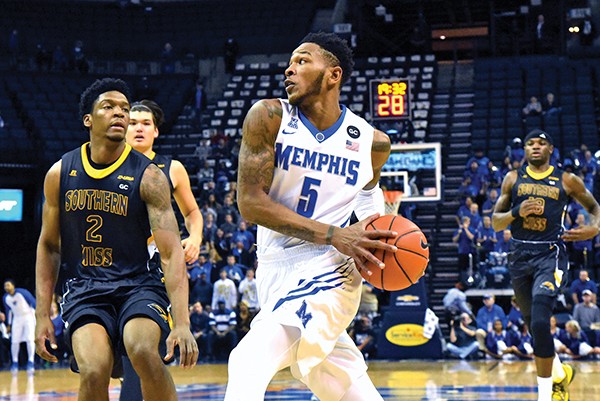
Junior Markel Crawford will be a defensive stopper for the Tigers.
Sophomore Jeremiah Martin will be in the mix at point guard. The Mitchell High alum played in 29 games as a freshman but averaged fewer than 15 minutes per game. At such a small sample size, what does Martin’s 34-18 assist-turnover ratio really tell us?
Then there’s Dedric’s older brother, K.J. Lawson. The swingman was limited to 10 games by a foot injury and will play this season as a redshirt freshman (creating the oddity of K.J. playing a class behind his younger brother). His height (6’7″) and versatility will be valuable to a generally undersized team. Senior Jake McDowell (5.4 minutes per game last season) and sophomore Craig Randall (8.0 minutes) are back and will get floor time when injuries or foul trouble squeeze the rotation.
Among the newcomers, expect immediate impact from graduate transfer Christian Kessee, a sharp-shooting guard who hit 88 three-pointers last winter and led Coppin State with 14.6 points per game. He should fill the void left by Avery Woodson, who transferred to Butler following his junior season. Freshman Keon Clergeot followed Smith to Memphis after initially signing to play at Texas Tech. He could see time at point guard, likely spelling Martin until a starting five is firmly established.
The Tigers are not a big team, which makes Baylor transfer Chad Rykhoek (RYE-cook) perhaps the most significant swing variable on the roster. At 6’11” and 230 pounds, the senior has the frame for post play. But he hasn’t been able to stay healthy, hip injuries keeping him on the sidelines for two years now. Lawson cannot pull down every rebound or block every shot. Rykhoek could be instrumental in these areas. “Chad brings rebounding,” emphasizes Smith. “We need size and length, and Chad brings that. He’s a very good athlete; we need to be more athletic. He’s been a pleasant surprise.”
Junior Jimario Rivers — a 6’8″ transfer from Southwest Tennessee Community College who Smith considers one of the team’s best defenders — will also be called upon for blue-collar work inside.
Thousands of empty seats at Tiger home games forced the current transition. Longtime followers of the Tiger program turned away from Pastner’s teams, most visibly at FedExForum on game nights when most of the upper deck would be empty. It’s their view of the Tiger program — those ticket-buying fans who chose to stay home — that reveals as much as any game analyst or coaching critic.
Jon Neal is a 1993 graduate of the U of M and a longtime booster. He also became a close friend of Pastner’s after his young son endured a cancer scare at St. Jude during Pastner’s tenure as head coach. While he has nothing but positive impressions — to this day — of Pastner, Neal feels a change was necessary, and Tubby Smith is the right successor.
“Like any human being,” says Neal, “when you’re bombarded with negative stuff, it takes a toll on you. I could see it [in Pastner]. He’s the finest human being I’ve ever met. The only thing that I feel bad about Josh is that whenever there was a glaring need for something, he was resistant to listening to other people for advice. He felt he had a way to fix things, and sometimes he surrounded himself with people who did not help him obtain goals he set out for the team.”
Like many followers of the program, Neal saw the sudden departure of star forward Austin Nichols (for Virginia during the summer of 2015) as the beginning of the end for Pastner. “Josh was submarined on that,” he says. “Decimated. Everything about last season was set up for Austin Nichols being here with Shaq Goodwin. Players transfer from every school. But something happened here the last few years, and players couldn’t get away fast enough. Why are players leaving so rapidly after they were dying to get here [to play for you]? Josh was a career recruiter, but he didn’t … cultivate relationships after players [arrived]. This may have been his undoing.”
Neal sees Tubby Smith as checking most every box Pastner did not, starting with a comfort level even amid criticism from a fan base or the media. “Coach Smith has been doing this for so long,” he says. “He’ll be a master organizational guy. All roles will be defined. Each player will be developed to benefit the overall goals of the team. He brings a success story that precedes him. And he’ll bring a side of accountability that we haven’t seen in some time. People will come to watch winning, but we have to learn to win first.”
Ken Moody played for Dana Kirk’s last Tiger team (1985-86) and Larry Finch’s first as head coach (1986-87). Now a special assistant to Memphis mayor Jim Strickland, Moody is reluctant to blame Pastner personally for the program’s recent decline, but like Neal, he sees Smith’s arrival as necessary, even critical.
“We have some of the most astute fans,” says Moody. “We should never insult their intelligence by portraying something other than the facts. Regardless of what our won-lost record has been the past couple of years, our program is a respectable one that will always generate national attention from high school players and media.
“Coach Smith’s honesty and integrity are his best virtues. At his initial press conference, he talked about loving every player he has coached. He’s respected by all of his peers because he’s always done it the right way. When parents give you the responsibility to help shape their sons, they want someone like Tubby Smith to be the example.”
To a man, the Tiger players are motivated by the preseason poll that placed them fifth in the AAC (behind Cincinnati, Connecticut, SMU, and Houston). Crawford in particular has relished what might now be called “Tubby time” in these parts. “It’s been a business approach,” says the former Melrose High School star. “He brings family love and discipline, things we stand upon. There’s a sense of urgency to get us better. We’ll be playing hard for 40 minutes; fans won’t be in doubt.”
Smith grew up the sixth of 17 children, a born leader (by necessity) under the guidance of his father, Guffrie Smith, and mother, Parthenia. Among the early lessons Smith took from his dad: Debt, if managed intelligently, is not a bad word. Whether borrowing money to purchase real estate or taking home groceries in advance of payment, Smith’s dad always paid his debts. As his son emphasizes today, there was honor involved. And a communal bond forged between hard-working parents and those who helped raise a large family.
Somewhere in this life fabric is the reason Tubby Smith is now in Memphis, in charge of a program that has lifted — sometimes maddened — its large following for several generations now. Is Smith in debt to Memphis? Quite the opposite. (Smith’s contract will pay him more than $15 million over five years.) No, if Smith owes anyone anything at this point in his career, it’s the game of college basketball itself. And what better way to pay such a debt than to help a family — a basketball community — in need?
“I can’t do enough,” says Smith. “I can’t pay back enough, for what this game has meant to me and my family from the day I decided to get into teaching and coaching. Donna and I got married, and she made sacrifices. I’ve always said, the greater the challenge, the bigger the reward. The more you give, the more you receive. My dad had nothing. But it doesn’t cost a thing to be polite or do a good deed. If we all believed that, the world would be such a great place. I’m happy I learned that lesson.” — Frank Murtaugh
The Tigers play CBU in an exhibition at FedExForum on November 7th. The regular season opens on November 14th when Texas-Rio Grande Valley comes to town.
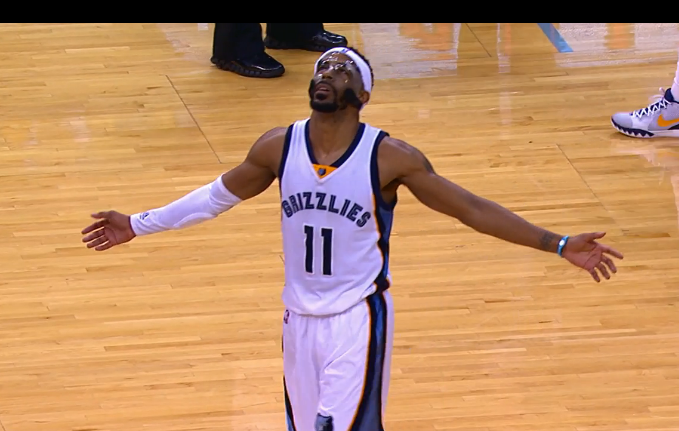
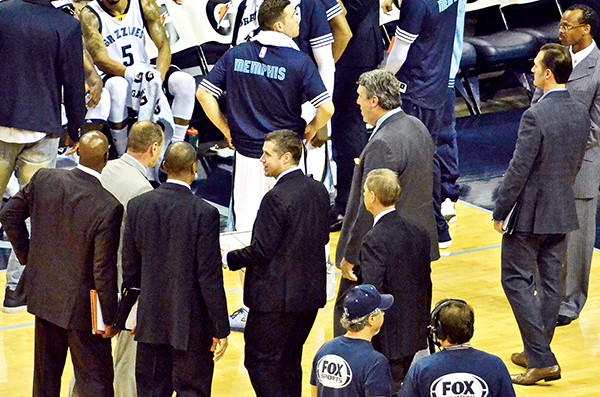 Larry Kuzniewski
Larry Kuzniewski 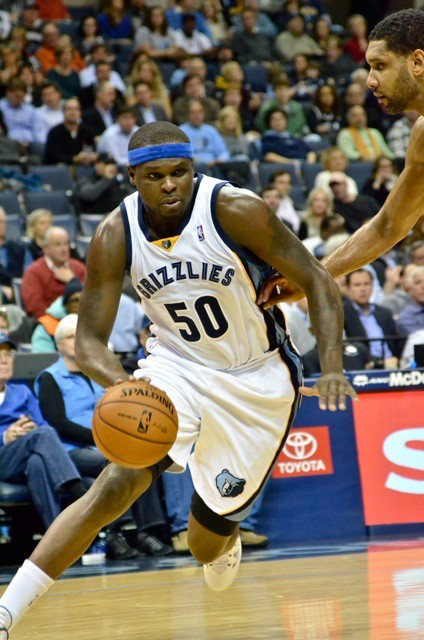 Larry Kuzniewski
Larry Kuzniewski 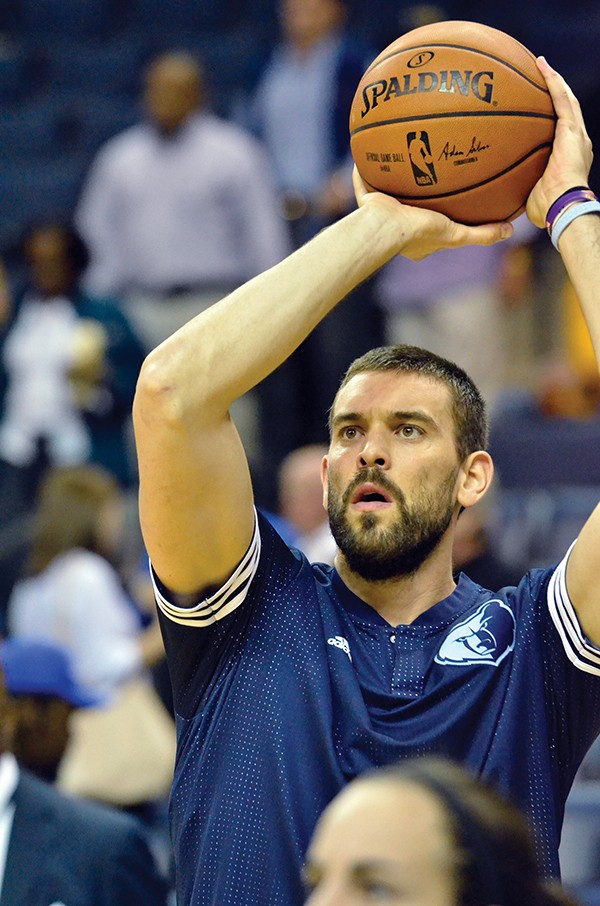 Larry Kuzniewski
Larry Kuzniewski 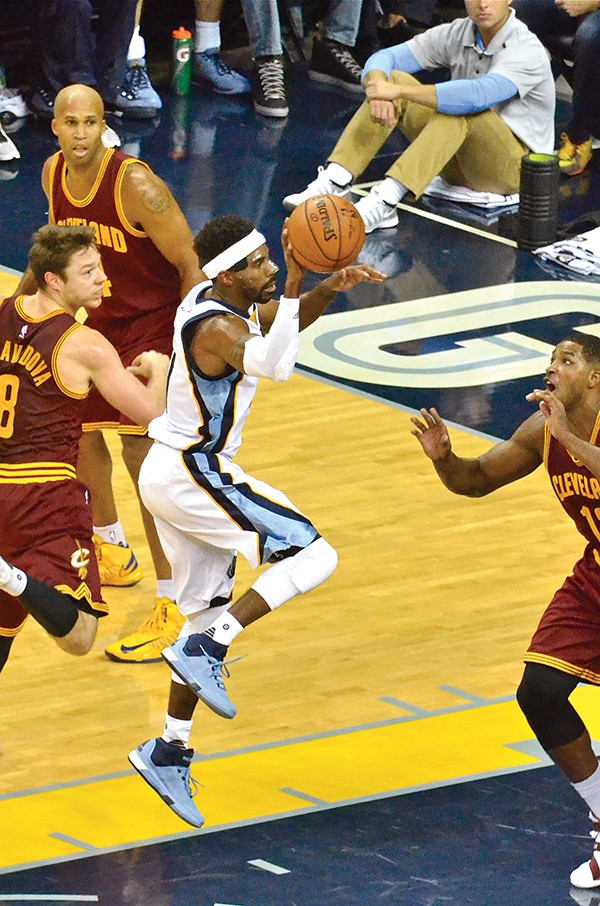 Larry Kuzniewski
Larry Kuzniewski 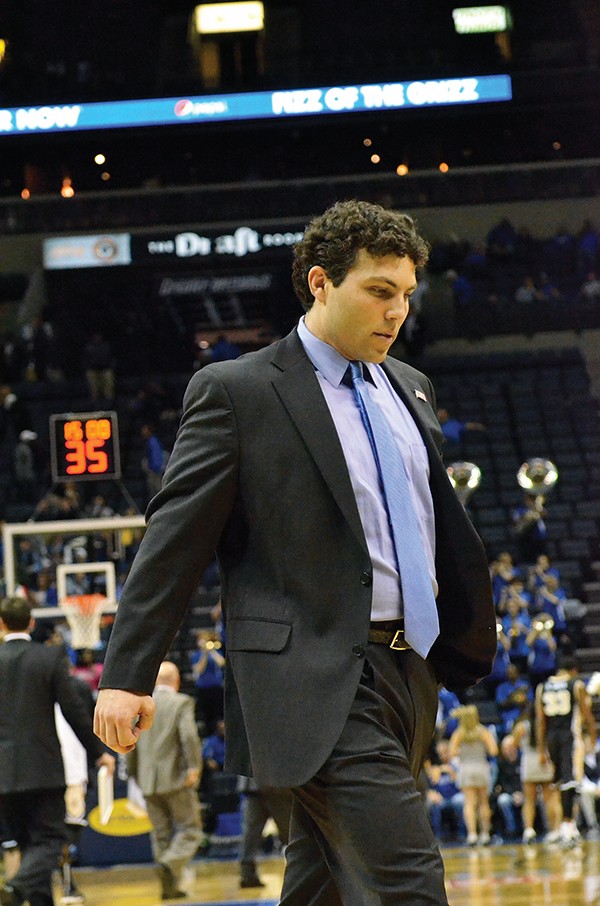 Larry Kuzniewski
Larry Kuzniewski 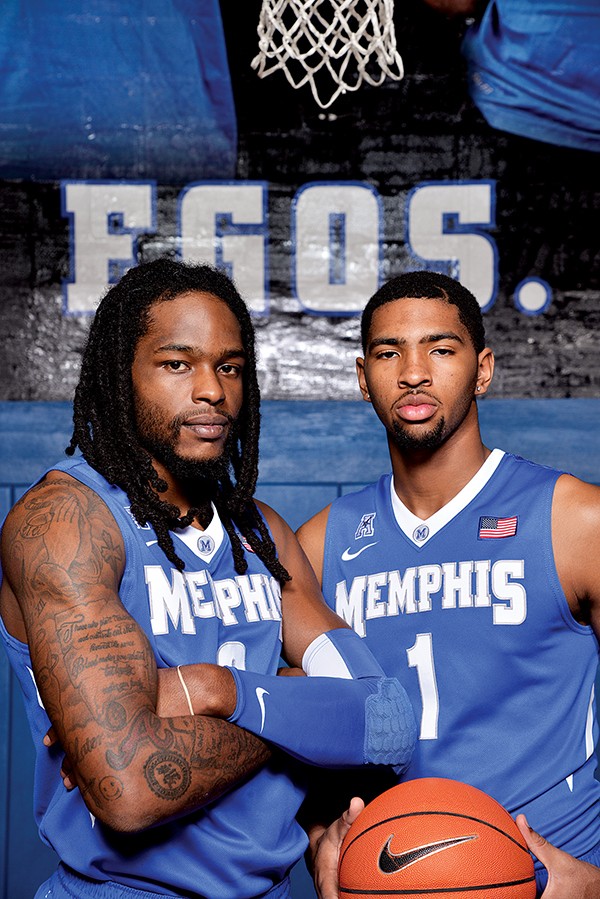 Larry Kuzniewski
Larry Kuzniewski 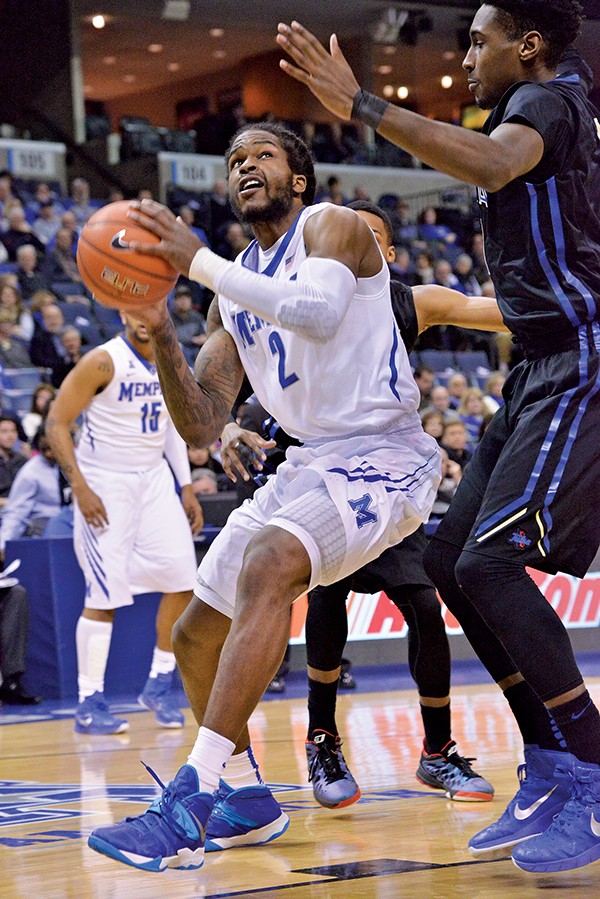 Larry Kuzniewski
Larry Kuzniewski 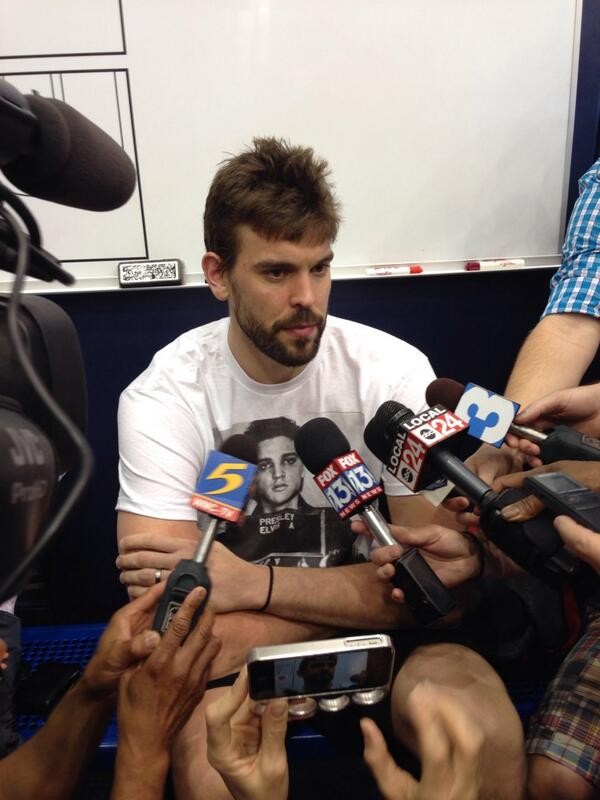 veeoz.com
veeoz.com  Larry Kuzniewski
Larry Kuzniewski  Larry Kuzniewski
Larry Kuzniewski 
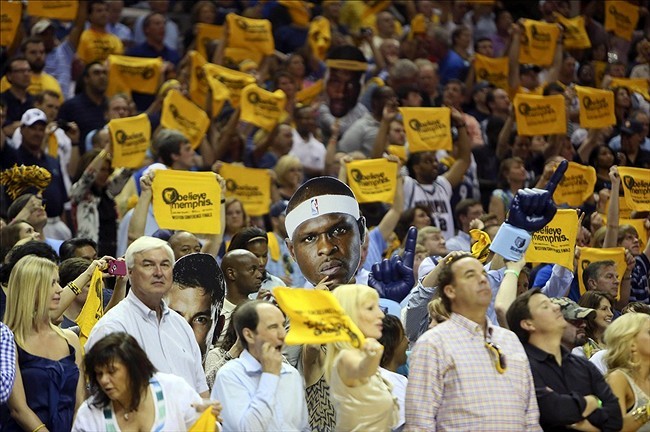 Larry Kuzniewski
Larry Kuzniewski